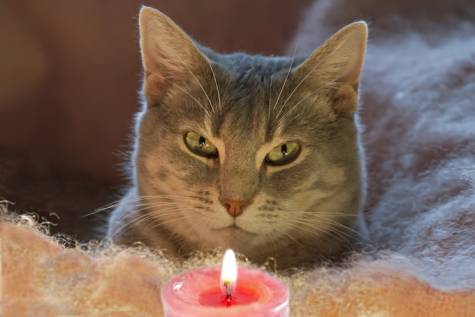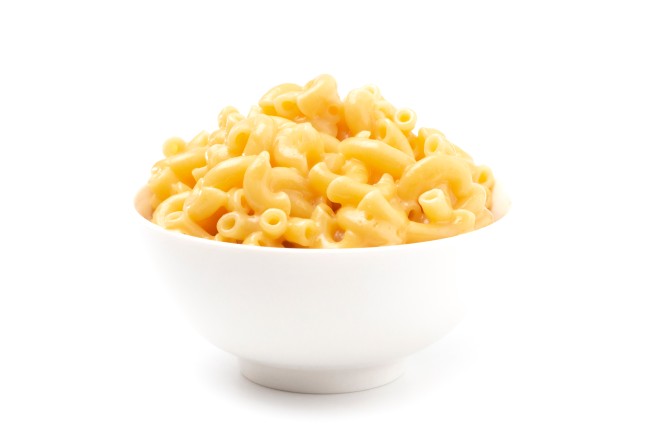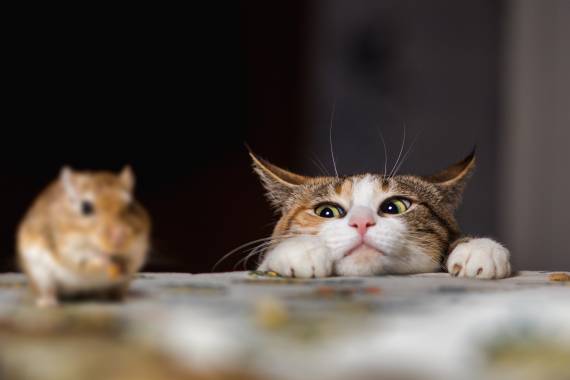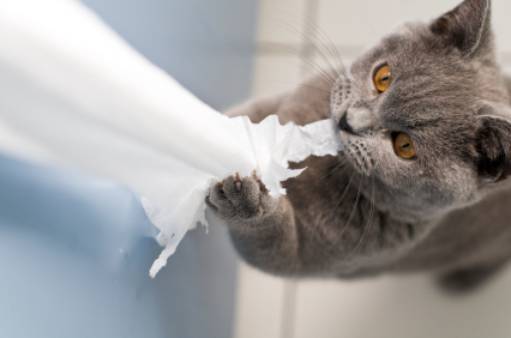
Connect with a verified veterinarian in minutes. Licensed vets are available 24/7 to answer your questions. No need to worry about your furry family member.
Sometimes cats eat the strangest things! They may go after non-food items, as well as eating elastic bands, grass, buttons, and more! There are even cats who love to eat candle wax! This could be due to the growing popularity of decorative and scented candles in our homes.
Has your cat eaten candle wax? Are you worried the candle wax will make your cat sick? If so, then you’ve come to the right place.
In this article, we’ll take a look at candle wax and whether or not it can make your cat sick. Let’s get started!
What is Candle Wax?
Most the candles we use today are made from paraffin wax, which is a byproduct formed from the refining of petroleum. While paraffin is the most common type of wax for candles; some may be made from beeswax, gel, plant waxes, or even microcrystalline wax.
Candles are made of more than wax, however. They often contain scents, which are produced by essential oils or perfumes. Candles also require a wick, which is a cotton-type fabric woven into a string. This is the part that is lit with a match or lighter, creating the flame. Wicks usually include a metallic end at the bottom, which holds them within the candle wax.
What happens if a cat eats candle wax? Can candle wax make a cat sick?
Candle Wax & Cats
The good news is that candle wax, by itself, is not toxic to cats. However, the wax can act as a laxative. This could create a few digestive problems in your cat including nausea, vomiting, and diarrhea. If these symptoms last longer than 24 hours or become severe in nature, then it’s time to call the vet. The concern is that prolonged vomiting and diarrhea could cause your cat to become dehydrated . The vet has treatments for these problems, which can help your fur baby feel better in no time.
Another problem that a candle could cause is an intestinal obstruction, which is a very dangerous medical issue. If a cat eats a large amount of wax, the wax could ball up anywhere in the cat’s digestive tract. This can lead to an obstruction, causing damage to the tissues of the digestive tract and stopping food from passing through. An obstruction could also develop if the cat eats the wick of the candle and its metallic base.
One more problem with candle wax is that it may contain perfumes or . These can be toxic to cats leading to poisoning, with issues like liver failure, tremors, and respiratory problems occurring.
So, if your cat has eaten a large amount of a scented candle or he has eaten the wick and the metallic base, then it’s time to call the vet. This may be a medical emergency.
Most cats who receive prompt medical attention are likely to make a full recovery, so you must seek this as soon as possible.
Connect with a verified veterinarian in minutes. Licensed vets are available 24/7 to answer your questions. No need to worry about your furry family member.

Rebecca MacMillan, BVetMed BSAVA PGCertSAM MRCVS
This article has been reviewed and approved by an independent Veterinarian: Rebecca is a companion animal vet who has always had a passion for writing and client communication. Since her graduation from the Royal Veterinary college in 2009 she has gained a wealth of experience in first opinion small animal practice, in both clinical and managerial roles. She currently works in the South West and deals with a variety of routine and emergency appointments, but particularly enjoys medicine cases. Outside of work and writing, she enjoys spending time with her family, including her bouncy flat coated retriever George!
Review symptoms, medications & behavior to keep your pets healthy with a Vet Online in just minutes.
Ask a Vet Live Now




